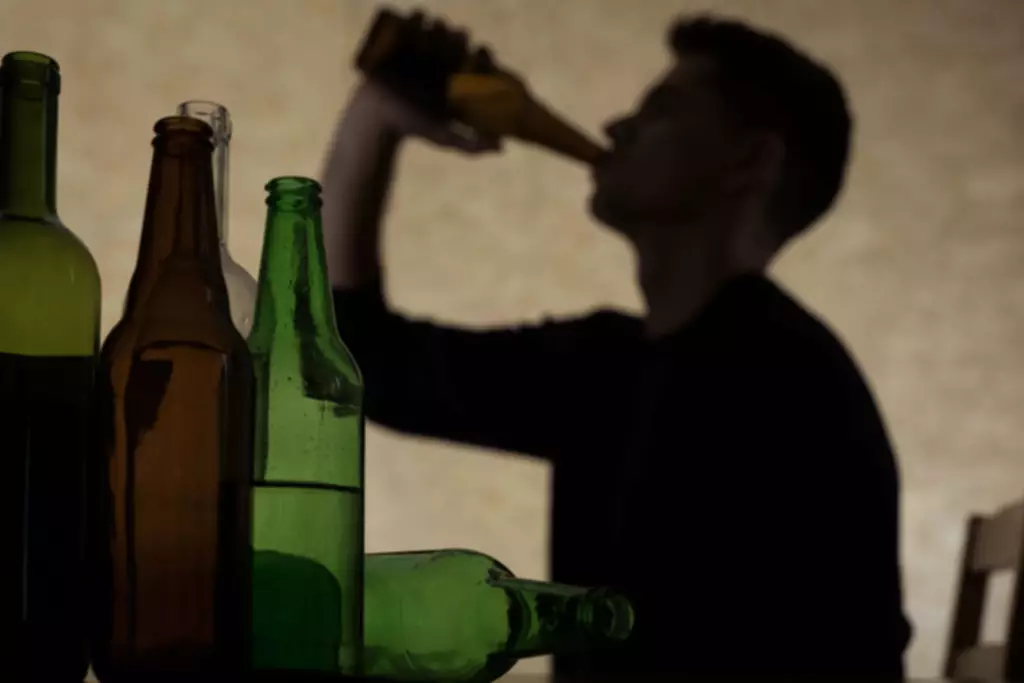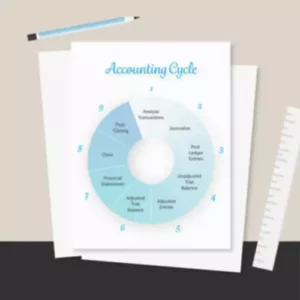(ICD-10).[38] Definitive diagnosis relies on a blood test for alcohol, usually performed as part of a toxicology screen. It can be hard to decide if you think someone is drunk enough to need medical help. But it’s best to take action right away rather than be sorry later. You may worry about what will happen to you or a friend or family member, especially if underage. But the results of not getting help in time can be far more serious.
When somebody consumes an alcoholic drink, their liver has to filter out the alcohol, a toxin, from their blood. When you drink a large amount of alcohol in a short amount of time, your body is unable to process the alcohol contents fast enough. Additionally, it takes a while for your body to break down the toxins found in alcohol, causing you to feel drunk longer. If you experience an alcohol overdose, your outlook will depend on how severe your overdose is and how quickly you seek treatment. People who binge drink (drink more than five drinks in an hour) are also at risk for alcohol overdose. Having a high tolerance for alcohol or drinking quickly (for example, by playing drinking games) can put you at increased risk for an alcohol overdose.
More health news + info
If you have other health conditions, such as diabetes, you may be at greater risk for having an alcohol overdose. But the amount of alcohol in one drink may be much higher than those in the list above. For example, some craft beers may have four times the amount of alcohol that’s in a regular beer. Be aware of the alcohol content of what you’re drinking and adjust how much you drink based on this knowledge. Unlike food, which can take hours to digest, the body absorbs alcohol quickly — long before most other nutrients. And it takes a lot more time for the body to get rid of alcohol.

If you or a loved one is ready to overcome an alcohol addiction, reach out today. Treatment providers can connect you with programs that provide the tools to help you get and stay sober. When too much alcohol is consumed and the body cannot process the amount, there can be very serious consequences. Your friend may become upset if you call 911, but it’s better to have your friend alive and upset than to lose them. In some countries, there are special facilities, sometimes known as “drunk tanks”, for the temporary detention of persons found to be drunk. Know the danger signs and do not wait for all symptoms to be present.
The Dangers Of Alcohol Poisoning
Overdosing on alcohol typically results in severe complications. For this reason, you should identify the significant signs of alcohol overdose early to prevent complications. Speak to a licensed doctor for help to avoid alcohol withdrawal syndrome and self-medication. A person who has alcohol poisoning does not have to exhibit every sign on this list to need medical treatment. Waiting until a suspected alcohol overdose victim passes out to get medical treatment risks their life. In cases of suspected alcohol poisoning, immediately call 911.
Speak to an expert medical practitioner to help with follow-up care. Drinking on an empty stomach makes a significant volume of alcohol get to the small intestine quickly. As such, it flows into the bloodstream and intensifies drinking effects.
Alcohol poisoning or overdose
Early decontamination of the pet should be performed following exposure to a toxic dose of alcohol as long as the patient is not showing clinical signs. Decontamination may include inducing vomiting (for ingestions) or bathing (for skin exposures). Other therapies include intravenous (IV) fluids, IV dextrose to correct low blood glucose, anti-nausea medication and warming support.
How many is too much alcohol?
Heavy Alcohol Use:
For men, consuming more than 4 drinks on any day or more than 14 drinks per week. For women, consuming more than 3 drinks on any day or more than 7 drinks per week.
If it IS alcohol poisoning, the person will need to go to the hospital for fluids to recalibrate their blood alcohol content. If it is an opioid overdose, the person will need medical personnel to administer naloxone AND immediately get to the hospital before the naloxone wears off. Alcohol depresses nerves that control involuntary actions such as the gag reflex, which prevents choking. Since alcohol irritates the stomach, people who drink an excessive amount often vomit.
Questions About Addiction or Mental Health?
Using alcohol with opioid pain relievers, such as oxycodone and morphine, or illicit opioids, such as heroin, is also a very dangerous combination. Even when someone stops drinking, blood alcohol concentration (BAC) can continue to rise for minutes, resulting in worsening symptoms. If you or a friend are drinking, pay attention to how much you consume and how quickly. If a friend appears to be drinking too much too fast, try to intervene and limit how much more they have. Drinking too much and too quickly can lead to significant impairments in motor coordination, decision-making, impulse control, and other functions, increasing the risk of harm. Continuing to drink despite clear signs of significant impairments can result in an alcohol overdose.

This leads to rapid increases in BAC and significantly impairs brain and other bodily functions. Those who also take opioids or sedative-hypnotics, such as sleep and anti-anxiety medications. Examples of these https://ecosoberhouse.com/article/alcohol-overdose-symptoms-and-antidote/ medications include sleep aids such as zolpidem and eszopiclone, and benzodiazepines such as diazepam and alprazolam. Even drinking alcohol while taking over-the-counter antihistamines can be dangerous.
In addition, you may be more likely to continue the dangerous pattern of excessive drinking, increasing the likelihood of over-consuming again. As you drink more, your blood alcohol content (BAC) level continues to climb. Eventually, it becomes so high that your basic mental, physical and emotional functions are no longer able to work properly. However, a person can feel the effects of alcohol abuse and potentially trigger alcohol poisoning, even after they’ve stopped drinking. Your BAC levels keep increasing for up to 40 minutes after your last drink. When the blood alcohol concentration reaches a high level, it may result in loss of consciousness or blackouts.
- Be aware of the alcohol content of what you’re drinking and adjust how much you drink based on this knowledge.
- There are a number of factors that play a role in a person’s alcohol consumption limit such as gender, weight and tolerance level.
- We absorb alcohol much more quickly than food – alcohol gets to our bloodstream much faster.
If a friend or loved one appears to have alcohol poisoning, call 911 right away. The sooner they get treatment, the more likely you can prevent severe damage. Know the danger signals, and if you suspect that someone has an alcohol overdose, call 911 for help immediately. Do not wait for the person to have all the symptoms, and be aware that a person who has passed out can die. Don’t play doctor—cold showers, hot coffee, and walking do not reverse the effects of alcohol overdose and could actually make things worse. A person with alcohol poisoning needs immediate medical attention.
Reach out to a treatment provider for free today for immediate assistance. Remember, alcohol affects people in different ways, so this chart should only be used as a guideline. If you survive an overdose without these complications, your long-term outlook will be very good. In the Gaudiya Vaishnavism branch of Hinduism, one of the four regulative principles forbids the taking of intoxicants, including alcohol.
- People are at a high risk of alcohol poisoning if they consume 12 or more units of alcohol, especially in a short space of time.
- Be prepared to inform emergency responders about how much the person drank, what they drank, and when they last consumed alcohol.
- If you believe someone is experiencing the symptoms of an overdose, call 911 right away.
- BAC can continue to rise even when a person stops drinking or is unconscious.
- Treatment providers are available 24/7 to answer your questions about rehab, whether it’s for you or a loved one.






